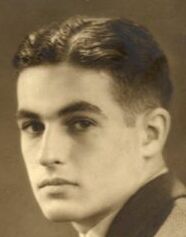|
When he was dying and our time together was running out, I made a list of all the things I'd always wanted to say to him but had never said to him, and a list of all the questions I'd always wanted to ask him but had never asked him. And I asked him to say to me all the things he'd always wanted to say to me but had never said to me, and to ask me all the questions he'd always wanted to ask me but had never asked me.
This isn't a conversation about dying. This is a conversation about completion and creating completion.
Our incompletions, especially our incompletions with our parents, are legion. It could be said being incomplete with one's parents, is the single most disruptive skew in a human being's life.
I can create completion in one of two ways:
| 1) | I can declare an incident complete. It's complete because I give my word it's complete. |
| 2) | I can speak the truth unflinchingly, listen, inquire, reveal, offer, confront, give something up, or invite until there's nothing left incomplete. |
The latter is what I initiated with my Dad. I intended to create absolute completion between us before he died. I wanted our relationship to be a state in which nothing was left unspoken, nothing was left unheard, nothing was left unasked, and nothing was left unanswered. Were we to accomplish that, I intended there would be nothing between us except the marvelous emptiness of pure relationship, and "I Love You".
That set the context from then on for all the remaining conversations we had together.
